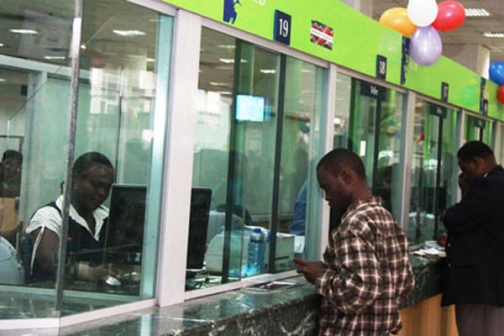×
The Standard e-Paper
Smart Minds Choose Us

South Sudan’s largest bank is shutting more branches as hyperinflation and a shortage of dollars eat into the group’s profits, the managing director said, underscoring country’s worsening financial woes amid a civil war.
Harun Kibogong told Reuters that Kenya-based KCB Group Plc, East Africa’s biggest bank by assets, will temporarily close five branches, leaving ten operational.